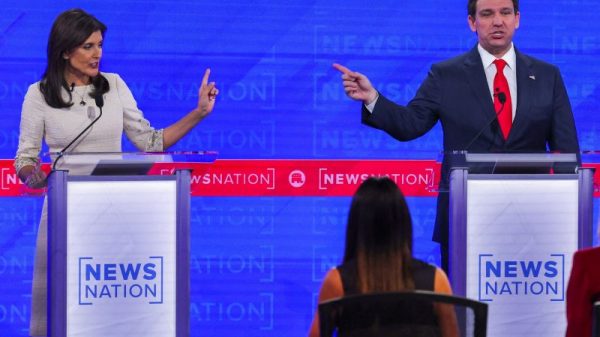pH7 Technologies has secured C$850,000 to further develop its sustainable critical metals extraction technology.
The cash infusion will come from BC’s Innovative Clean Energy (ICE) Fund, which was established in 2007 to bolster the province’s clean energy sector while supporting government energy and environmental objectives.
The funding announcement was made by Josie Osborne, the province’s minister of energy, mines and low-carbon innovation, during a recent tour of pH7’s new commercial plant in Burnaby, BC.
“BC is home to a growing clean-energy sector, accounting for 20 percent of Canada’s world-leading clean-tech firms that are having positive impacts globally,” she said. “With near net-zero environmental impact in the extraction of critical metals and minerals, pH7 is demonstrating the kind of innovative thinking that can transform mining around the world.”
The investment will allow pH7 to continue working to commercialize its critical metals extraction process.
The company’s closed-loop solution is designed to extract and refine essential metals necessary for renewable energy production, offering a promising avenue for the mining sector to adopt more sustainable practices.
As noted on pH7’s website, the company’s SolvoMetallurgy methodology utilizes non-aqueous solutions as solvents for selectively extracting metals from ores, concentrates and waste materials.
Optimizing these solutions will play a crucial role in determining environmental impact and extraction rates.
Complementing traditional hydrometallurgical and pyrometallurgical approaches, pH7’s technology could reduce the environmental impact of the metal extraction process to near zero. The company also said it is geared at cost-effectively enabling efficient extraction of metals from low-grade resources or difficult substrates.
“We at pH7 are seeing a real opportunity to advance in the path to net-zero and are honoured to be receiving the support of the Province’s ICE Fund as we explore continued growth and commercialization of our technology,” said Mohammad Doostmohammadi, founder and CEO of pH7.
Using the funds from ICE, pH7 is set to launch a pilot project aimed at processing 5,000 kilograms of raw materials daily, yielding approximately 2,500 kilograms of extracted platinum-group metals annually.
According to the company, its unique approach will substantially reduce greenhouse gas emissions, electricity consumption and water usage compared to traditional mining or recycling methods.
“The clean, green future we envision requires more critical metals than we have access to currently. Through innovation and collaboration, we look forward to bringing our cleantech solution to help scale the extraction of metals and make existing processes much more sustainable and cost-effective,” said Doostmohammadi.
BC’s critical minerals strategy
While the funding for pH7 will come from BC’s ICE program, the company’s ambitions also align with the first phase of the province’s recently released Critical Minerals Strategy. Different from the national Critical Minerals Strategy, the BC initiative aims to bolster the province’s critical minerals presence and project pipeline.
In a January report, the Mining Association of BC (MABC) emphasizes the importance of investing in critical minerals in the province, noting that 14 proposed critical minerals projects and two extension projects are estimated to have a long-term economic value of C$800 billion. They would support supply and also provide economic benefits.
“This is a generational opportunity which must be seized and could position BC as a leading global supplier of responsibly produced critical minerals,” said Michael Goehring, president and CEO of MABC.
“We want to move forward with the Governments of Canada and British Columbia, First Nations, local governments, and labour, to unlock critical mineral developments for the benefit of all British Columbians.”
BC is home to 16 of the 31 metals Canada has deemed critical, and remains the nation’s leading copper jurisdiction.
Securities Disclosure: I, Georgia Williams, hold no direct investment interest in any company mentioned in this article.
















